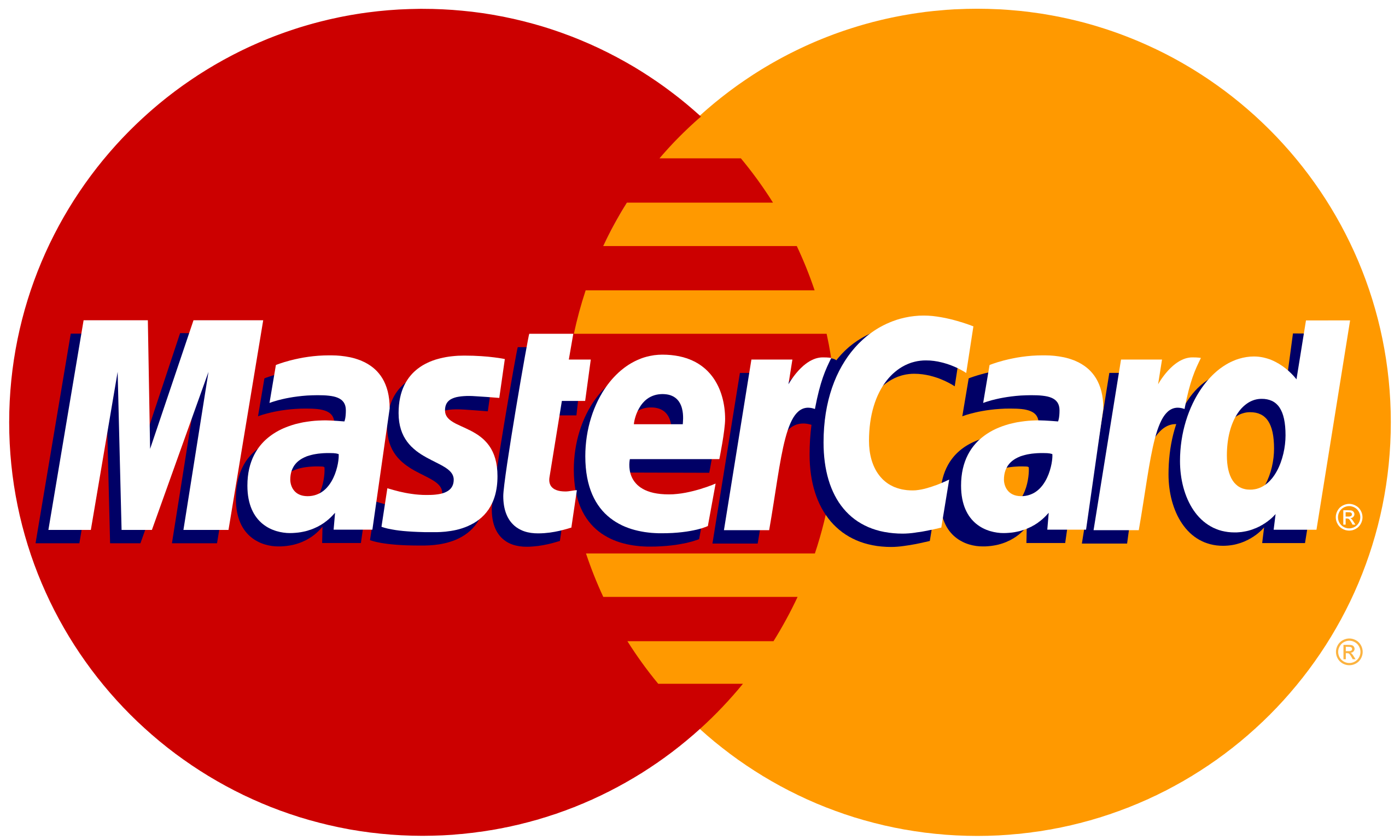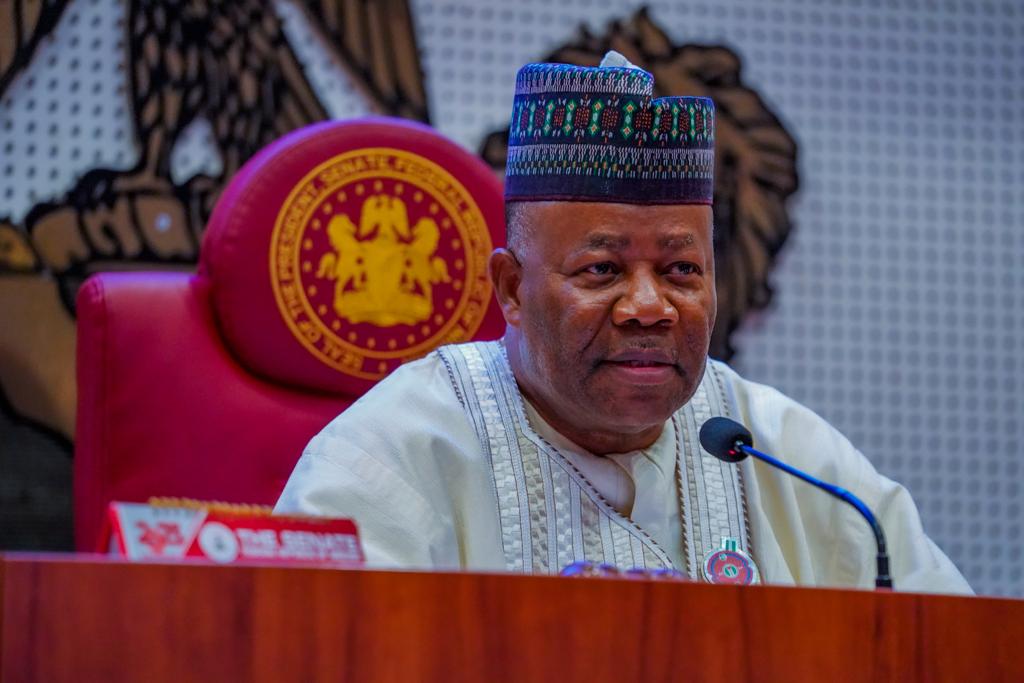MasterCard on Sunday announced that its latest research shows that Small and Medium Enterprise (SME) confidence in Middle East, North Africa (MENA) is on the rise.
It said the rise was after facing unprecedented changes in the wake of the COVID-19 pandemic.
The inaugural MasterCard research in Middle East and North Africa (MENA) SME Confidence Index found 81 per cent of SMEs in MENA are optimistic about the next 12 months.
The 77 per cent is projecting revenues that will either grow or hold steady. Over half, 56 per cent, are projecting an increase.
Mr Khalid Elgibali, Division President, MENA, MasterCard, in a statement on Sunday in Lagos said the results from the SME Confidence Index clearly indicates an upliftment in sentiment that most business across Africa and Middle East are feeling today.
“This is a positive sign for the region on its journey to economic recovery and a clear indication of the power of technology in helping to enable this growth.
“As a technology enabler of choice, MasterCard is working closely with small and medium businesses across the region to ensure that their needs are being heard.”
“He added desire to ensure that they met with the latest tools and technology that could help them make the most of out of an evolving digital economy.
He said that making sure that SMEs had all the support they needed to go digital and grow digital was key focus for MasterCard.
“The company works closely with government, financial organisations and the wider business community to create opportunities for SMEs across the region.
“MasterCard has pledged $250 million and committed to connect 50 million micro, small and medium size businesses globally to the digital economy by 2025
“It plans to achieve this using its technology, network, expertise and resources in support of the company’s goal of building a more sustainable and inclusive digital economy.
“As part of these efforts, MasterCard is focused on connecting 25 million women entrepreneurs.
“For many small businesses, reducing their dependence on cash through digital payments acceptance has played a major factor in being able to get paid and maintain revenues.
“As many regional economies gradually enter the normalisation and growth phase, and social restrictions continue to ease, small businesses in MENA have identified better data and insights (42 per cent).
“Also, easier access to credit (41 per cent), and up skilling staff (40per cent), as the top three drivers for growth.
“This highlights the opportunities for small businesses that arise from both internal transformation as well as industry regulations and trends,” he said.
Elgibali said, ‘With rising costs among the key concerns of SMEs in Africa and Middle East, it is crucial that MasterCard prioritises a safe and secure digital economy that can keep commerce going.
“It can enable healthy cash flows, and support access to capital by virtue of a digital track record.
“A strong digital economy benefits everyone in multiple ways, from SMEs being able to grow their customer base through eCommerce, to consumers having a choice of payment methods.
“Transforming a smart economy through technology, insights and omni-channel solutions is how MasterCard supports businesses of all sizes,” he said.
He said as consumer trends continued to evolve in a post-pandemic world, businesses must adapt and prepare for the future.
“MasterCard’s Economic Outlook 2021 estimated that 20 per cent to 30 per cent of the COVID-19 related surge in e-commerce would be a permanent trend in share of overall retail spending globally.
“Furthermore, recent studies from MasterCard showed that 74 per cent of consumers in MENA are shopping more online.
“This has happened since the start of the pandemic and 95 per cent of the region’s shoppers will consider making a purchase with an emerging payment technology over the next yearnan.














